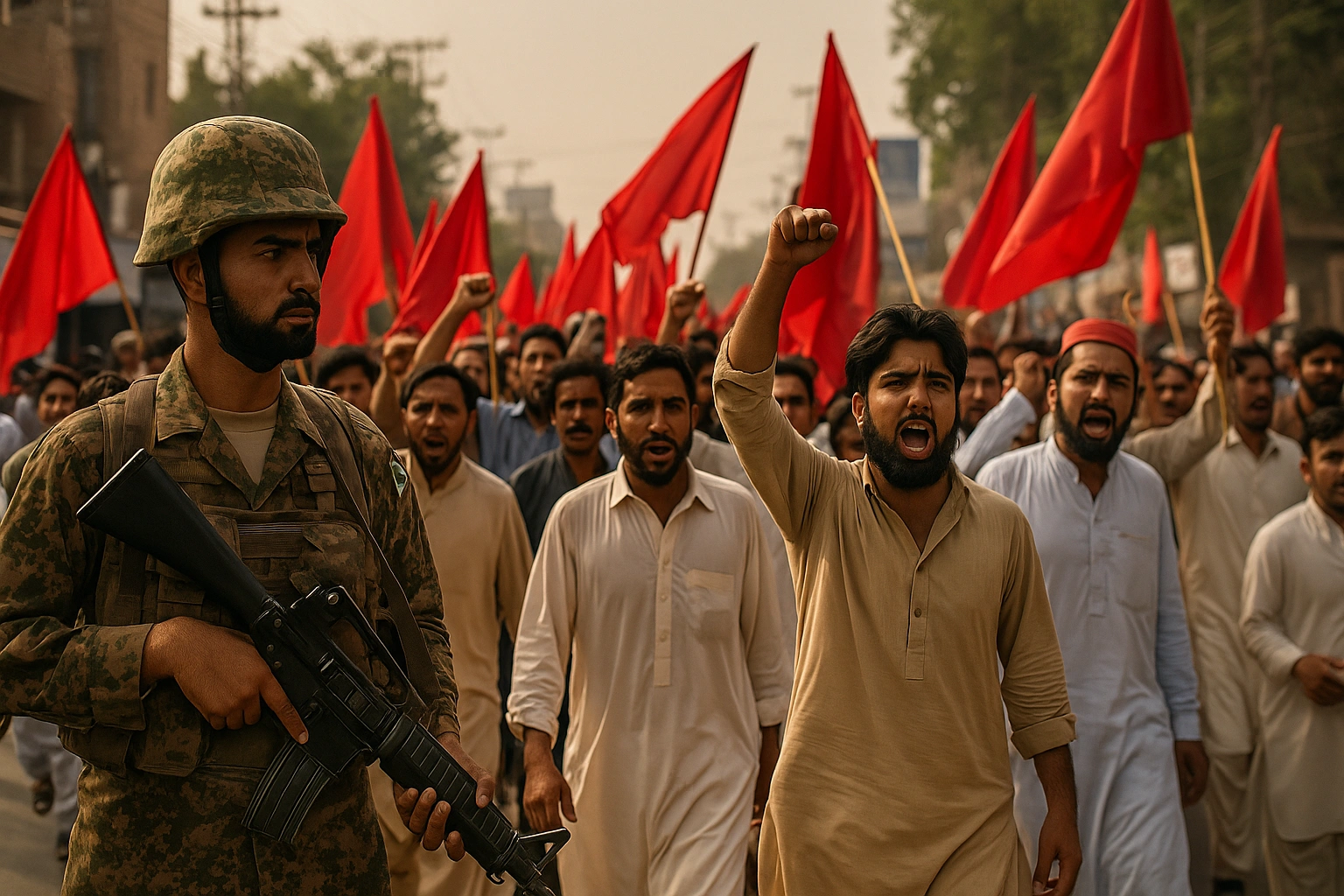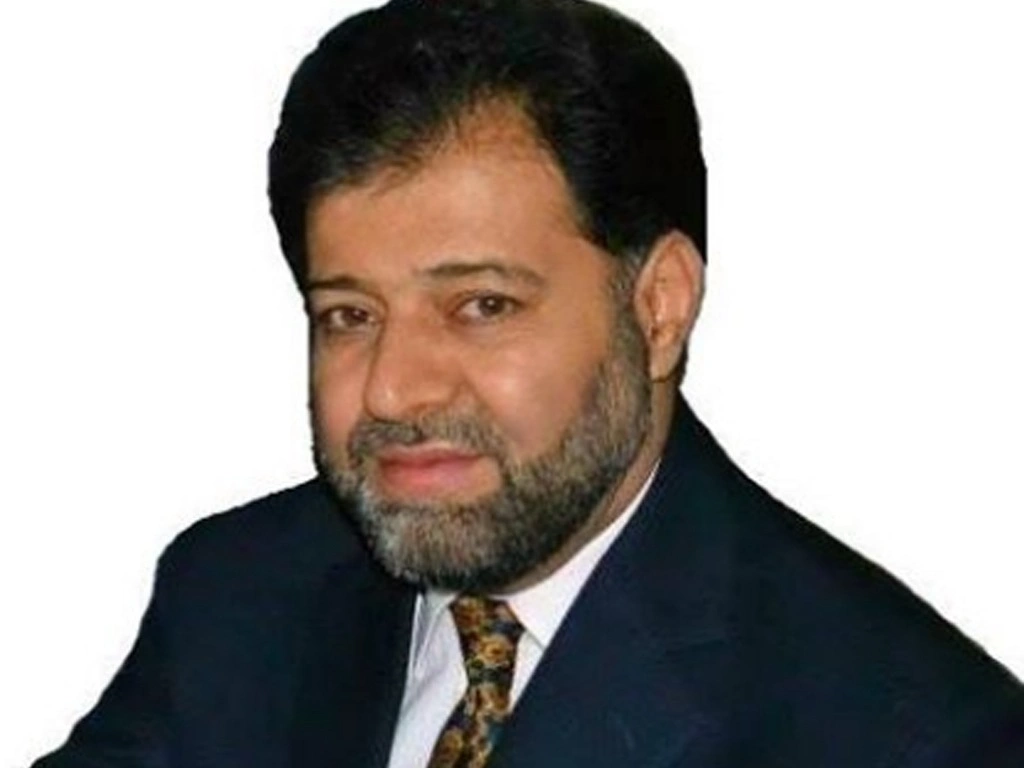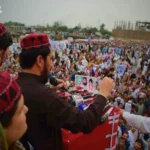This fight against terrorism in Pakistan is much more than a fight to bring peace because it is a war of survival. Losing lives of more than 70,000 people and an economic loss amounting to a daunting calling of 126 billion, the country has paid too much of the cost of dealing with anti-insurgency and militancy. But the recent developments by the Pashtun Tahafuz Movement (PTM) indicate that the nation is moving to a very perilous direction in dealing with its security issues. In the name of promoting human rights, such attitude of PTM can be extremely dangerous in that it can destabilize the existing peace which has been achieved at a great cost and also compromised war on terror in Pakistan.
Pakistan has made huge sacrifice since the war on terror began; in terms of money, human beings and politically. It has admitted more than 1.4 million Afghan refugees into the country and it has spent an estimated 2.2 billion dollars in taking care of its refugees under its obligation of international commitments. In spite of this, there have been a series of successful targets that have been led by the Pakistani security forces like in the North Waziristan and FATA among others leading to a 75 percent cut in the acts of terrorism. This initiative is what has saved millions of lives and therefore the military strategy used by the country is effective. Nonetheless, the efforts by the PTM run the risk of eroding this kind of peace by questioning the security efforts by the government and providing room to the growth of anti-state forces.
The sovereignty of Pakistan can never be compromised. The new wave of the PTM protests and ranks especially the ones that challenge the legitimacy of which the military is doing anything actually weaken the fabric of state authority. Although the PTM pretends that they are defending the interests of the Pashtuns, what must be acknowledged is that the first and foremost think of the state is the security of its people against the shadow that has been cast by terrorism ever since it emerged. No jirga or local group can overrule the significance of military operations that target to destroy the terrorist networks. Most of the previous militant networks which prospered in the tribal areas such as North Waziristan have been shattered by national security activities within these regions.
The criticisms made commonly by the PTM revolve around the humanitarian issues of the Pashtuns in the tribal areas, specifically displaced by the military operations. Though the mentioned issues are legitimate and they should be taken into consideration, they cannot interfere with the security priorities of Pakistan. People do not have to play the game of human rights and political expediency cannot be made in favor of security. Pakistan has also taken the lead to host the Afghan refugees giving shelter to more than 1.4 million people amidst a global refugee crisis. This act of good nature must not be misinterpreted and put as a sign of weakness and a chance of extremist acts to get the right kind of soil.
The problems of extremism and terrorism have no political boundaries as well as ethnic. In all the militant attacks where Pakistan has been targeting, victims have remained to be of all strata; both the Pashtuns, Punjabis, Sindhis, and Baloch. The war on terror is personal, and no one can fight a war on the protection of the country along ethnic and tribal lines in order to be an ally. More than eighty thousand Pakistanis have laid down their lives in this struggle and trying to split the country on the name of political or ethnic pride would simply give the cause of extremism the more confidence to pursue its agenda.
The effectiveness of such operations as Radd-ul-Fasaad that was aimed at locating hideouts of militants and making safe the travel of internally displaced persons (IDPs) to their homes proves that the military strategy of Pakistan is specific and efficient. The hostilities of the North Waziristan and other tribal lands were not directed at Pashtun community but were directed towards destroying the terrorists who had sought refuge in the region. The performance of the military in ensuring that these areas are secure and that people have a chance of returning to their homes could be viewed as a success story and not the reason why people should protest politically in ways that they weaken the orders of the state.
In addition, the role played by Pakistan in control of the refugee crisis is very different to the other countries. The European countries, such as the United States and Iran, have forced the Afghan refugees to leave due to its humanitarian crisis being experienced worldwide. Pakistan has on the contrary kept a good control of its refugee population and there are millions of displaced human beings that are receiving basic amenities. Such a humane strategy needs to be highlighted and encouraged instead of being politicized to further deteriorate the security status of the state.
Terrorism is not a problem that has been tackled in Pakistan yet. It is an adaptive, ruthless adversary, capable of taking advantage of any area of weakness that the country has demonstrated. Solidarity, functional independence and the staunch determination toward national security are major key elements of success to Pakistan in this struggle. A compromise either in the form of political coercion or appeasing to movements such as PTM, will merely embolden enemies of Pakistan and lose the benefits achieved by the military over the past years.
This is neither about national security nor about survival but it is about survival. The larger benefit should never be forgotten by Pakistan: it is the war against terror where the support of the military should remain unchanged, the sovereignty of the state should be defended, and all the citizens should be firmly targeted without any consideration of their ethnicities and/or political inclinations. Any effort to water these imperatives however well intentioned can have disastrous effects. The future of Pakistan lies in the strength and solid unity of front against terrorism. Absentee security strategy is the only way to ensure that Pakistan will be a strong and secure nation in the world that is becoming more and more unstable.








